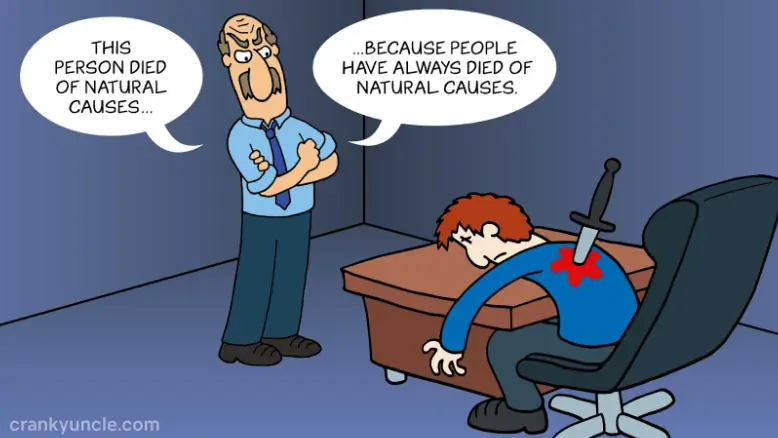The event aimed to combat the spread of false information surrounding the climate crisis.
350 Chicago Hosts Climate Misinformation Seminar In Association With Loyola
In association with Loyola, local climate action organization 350 Chicago hosted an online seminar Nov. 13 focused on combating climate change misinformation. John Cook, a senior researcher at the Melbourne University Centre for Behaviour Change and an assistant researcher at George Mason University, spoke at the event.
Though 97% of scientists have concluded climate change is occurring as a result of human activity, many are still plagued by climate misinformation, according to Cook. He said he’s been developing strategies to combat this misinformation, which he views as a roadblock to curbing climate change and saving the planet.
Chris Peterson, the associate dean of academics at Loyola’s School of Environmental Sustainability, said climate misinformation is a critical issue.
“We’ve been given massive misinformation over the course of decades that’s been funded by people that have vested interests in not doing anything about climate change,” Peterson said. “If we are not taking collective massive action to reduce greenhouse gas emissions, we’re going to end up in really big trouble.”

Cook said he believes the best way to combat misinformation is to educate people on the techniques climate deniers use to support their claims. He found people were less likely to believe climate misinformation if they’d first been shown another type of misinformation, like mid-century cigarette ads, to make them aware of the tactics used in deceptive messaging.
Using this knowledge, Cook, a former cartoonist, drew cartoons displaying simplified versions of the most common disinformation techniques.
He identified fake experts, logical fallacies, impossible expectations, cherry picking and conspiracy theories as the five main techniques used by climate deniers.
Most of these techniques are easy to spot once you’re familiar with them, according to Cook. A post claiming thousands of scientists proved global warming false uses the fake experts technique, and the claim global warming is false because last month was cold is an example of cherry picking data.
Emmett O’Shaughnessy, a first-year biology major, said he personally doesn’t come into contact with climate misinformation or uninformed students often, but still thinks it’s a big problem.
He said there’s “a general lack of knowledge to even engage in conversation,” and a lot of the people he knows may not be misinformed, but uninformed.

“I think we need to become more aware of how much damage we’re doing,” O’Shaughnessy said. “Because a lot of it comes from our unawareness.”
Peterson said he’s had first hand experiences with some of the misinformation techniques outlined by Cook. Peterson said he was approached by an author associated with the Heritage Foundation, the conservative think tank behind Project 2025, who wanted to debate at Loyola on climate change.
“We’re not going to do that because your job is to go and find out all of this background information to support the things that you claim are true, and the people that would debate you are professors who have many other things to do,” Peterson said.
Though he turned down the debate, Peterson said he read the Heritage Foundation author’s book and engaged in a year-long email exchange debating them on the misinformation he found inside. Peterson said it was easy to refute most of the claims because they were backed up by flawed research and sometimes contradicted each other.
“It was a very slick book,” Peterson said, “It was one that people would think was done by a professional.”
Peterson also said he was interviewed about climate change by Fox weather in 1991. When he saw the interview on TV, there was a professor from Duke University who argued against the validity of climate change, and who was identified as a professor while Peterson wasn’t. Peterson was instead identified as a “greenhouse believer.”
Cook said he hopes raising our awareness of the misinformation types he identified will create a more critical view of climate information in society, and help save our planet.












